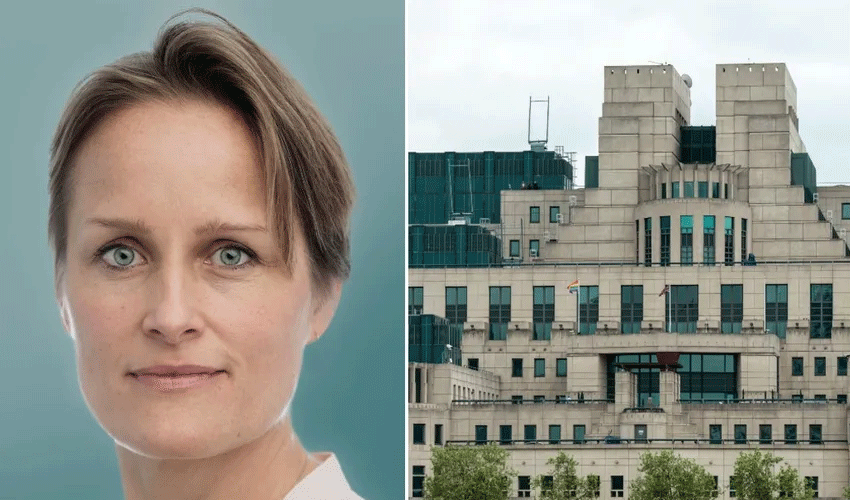The United Kingdom has appointed Blaise Metreweli as the new chief of the MI6 Secret Intelligence Service, marking a historic moment as the first woman to lead the renowned British spy agency. Prime Minister Keir Starmer announced the groundbreaking appointment on Sunday, emphasizing its significance during a critical period for national security.
“The historic appointment of Blaise Metreweli comes at a time when the work of our intelligence services has never been more vital,” Starmer stated in an official release from Downing Street. “The United Kingdom is confronting threats on an unprecedented scale — whether from aggressors deploying spy ships in our waters or sophisticated cyber plots by hackers seeking to disrupt our public services.”
Metreweli, who currently serves as the agency’s Director General for Technology and Innovation—a role known internally as “Q”—is set to assume the top position in the autumn, succeeding the outgoing MI6 head, Richard Moore.
With her elevation, Metreweli will become the 18th head of MI6, an agency that gained global recognition through Ian Fleming’s iconic fictional spy, James Bond. In contrast to the cinematic portrayal of “M” (notably played by actress Judi Dench), the MI6 chief is referred to as “C” and reports directly to the Foreign Secretary. This position is the sole publicly named role within the otherwise highly secretive organization.
A seasoned career intelligence officer, Metreweli joined the service in 1999 following her studies in anthropology at the University of Cambridge. She has since held senior leadership roles in both MI6 and its domestic counterpart, MI5, and is reported to have spent a significant portion of her career in operational capacities across the Middle East and Europe. While the announcement refrained from disclosing further biographical details, it highlighted that Metreweli’s background seamlessly integrates extensive field experience with specialized technical expertise, aligning perfectly with the agency’s increasing focus on cyber and digital threats.
The appointment of a woman to lead MI6 is consistent with a broader pattern observed across Britain’s intelligence community. In 1992, MI5 appointed Stella Rimington as its first female Director General, followed a decade later by Eliza Manningham-Buller. Last year, Anne Keast-Butler was named director of GCHQ, the UK’s signals intelligence agency—another first for the sector. Observers suggest that Metreweli’s promotion signifies a generational shift within the intelligence services and underscores the evolving nature of espionage in an era increasingly defined by digital warfare, cybercrime, and transnational threats.



